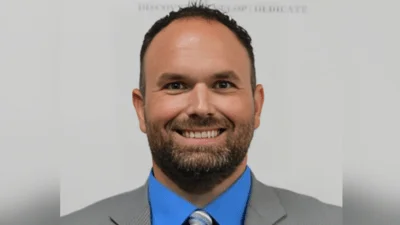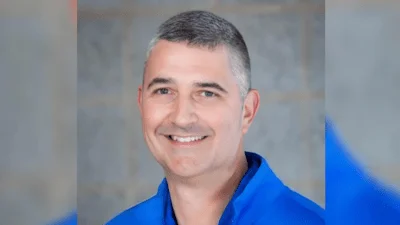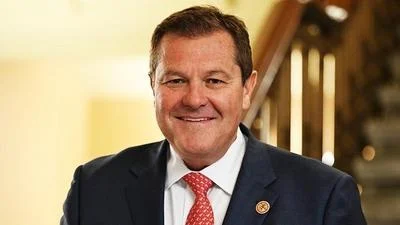Gov. Bruce Rauner struck a resounding chord with Republican lawmakers during the third budget address of his administration before the General Assembly last week.
One by one, Republican legislators lined up to salute the governor for his vision in detailing what should come next for a state that finds itself more than $7 billion in the red and has shown few signs of being able to craft a balanced budget over the last 18 months.
Rauner’s 37-minute address pressed the need for fiscal responsibility and greater job creation to pull the state out of its spiraling abyss. He advocated in favor of a least some of the legislation put forth in the so-called Grand Bargain being largely co-authored by Senate President John Cullerton (D-Chicago) and Minority Leader Christine Radogno (R-Lemont).
That plan is highlighted by a mix of spending cuts, tax increases and projected growth in revenue, all aimed at reaching a magic number of nearly $4.6 billion the governor has pinpointed as needed to earnestly tackle the state’s debt crisis.
From there, Rauner spoke of erasing the remaining $2.7 billion in debt by taking legislative authority to make still more cuts.
He also stressed what he hammered home is the need for a permanent property tax freeze, insisting that the two-year plan now being proposed along with an income tax hike is “just not fair to hard-working taxpayers across the state.”
“It was a needed message,” state Sen. Paul Schimpf (R-Waterloo) said. “If we don’t get this down the consequences will be devastating. The governor correctly identified that none of this works without growth.”
State Sen. Jim Oberweis (R-Sugar Grove) applauded Rauner for his message to business owners, particularly those who have been entertaining thoughts of fleeing the state as countless others have recently done.
“There’s got to be a message to business that were open for business,” he said. “Capping spending is important and we got to have term limits. Term limit legislators tend to vote in ways that are good for their state, good for their district, whereas without term limits legislators tend to vote for legislation that is good for themselves.”
State budget director Scott Harry stressed that the governor would rather work with the General Assembly to come up with needed solutions and indeed Rauner’s plan incorporated many of the proposals already outlined in the grand budget.
“Now is the time to seize the moment — build on the progress made in recent weeks — and right our ship of state,” he said. “Together, we can make Illinois more competitive and more compassionate. We can make the necessary changes to fix our broken system.”
Added state Rep. Allen Skillicorn (R-Crystal Lake), “everyone has left us behind. Half a million people have left state. Illinois needs bold economic reform, those are things that are going to advance our state.”
When all was said and done, Harry pronounced the governor’s plan a balanced budget peppered with the kinds of structural reforms that could assure sustainability.
Not so fast, countered House Speaker Mike Madigan (D-Chicago), who blasted the governor's talk of staying the course.
“‘Staying the course,’ as the governor wishes, means billions of dollars in new debt, and lost services for tens of thousands of Illinois’ most vulnerable children, seniors and families,” Madigan said in a statement. “We want to work cooperatively with the governor to pass a full-year balanced budget and improve our economy, but we don’t accept that the only way to create jobs is by cutting wages and stripping away protections for workers in an effort to increase profits for businesses.”
But state Sen. Kyle McCarter (R-Lebanon) insisted the healing has to start somewhere.
“Who are we going to penalize for the sins of this legislature?" he asked. “We've got to make this more affordable; do what families and small businesses do.”
Not long after Rauner left the building, legislators started voting on some of the 13 bills comprising the overall package with the much-debated pension reform bill being among the first to fall. That such a critical part of the deal being brokered was brought up for a vote so quickly ruffled some feathers with Radogno deeming it a “breach of our agreement.”






 Alerts Sign-up
Alerts Sign-up